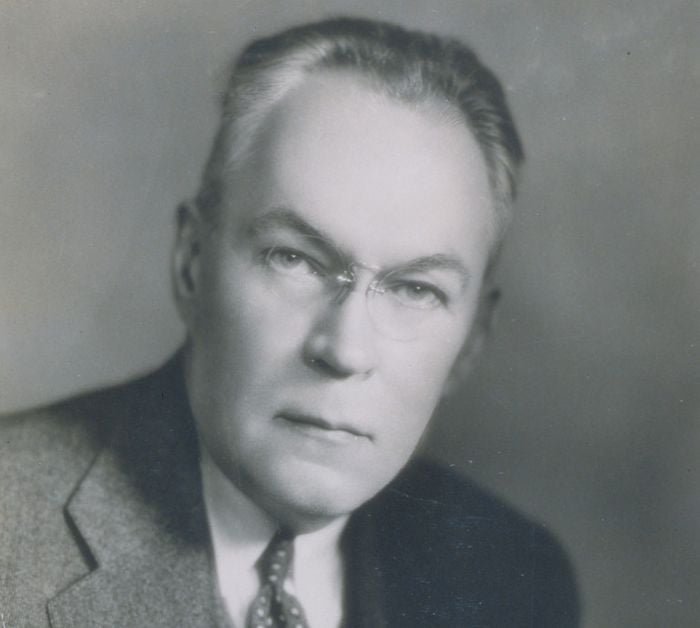No other tyrant since mankind began ever inspired such fear, since not a word could be spoken against her without her hearing of it: her multitude of spies brought her the news of whatever was said and done in public or in private. And when she decided the time had come to take vengeance on any offender, she did as follows.
Summoning the man, if he happened to be notable, she would privately hand him over to one of her confidential attendants, and order that he be escorted to the farthest boundary of the Roman realm. And her agent, in the dead of night, covering the victim’s face with a hood and binding him, would put him on board a ship and accompany him to the place selected by Theodora.
There he would secretly leave the unfortunate in charge of another qualified for this work: charging him to keep the prisoner under guard and tell no one of the matter until the Empress should take pity on the wretch or, as time went on, he should languish under his bondage and succumb to death.
Making some uncomplimentary remark
Then there was Basanius, one of the Green faction, a prominent young man, who incurred her anger by making some uncomplimentary remark. Basanius, warned of her displeasure, fled to the Church of Michael the Archangel. She immediately sent the Prefect after him, charging Basanius however not with slander, but pederasty.
And the Prefect, dragging the man from the church, had him flogged intolerably while all the populace, when they saw a Roman citizen of good standing so shamefully mistreated, straightway sympathized with him, and cried so loud to let him go that Heaven must have heard their reproaches.
Whereupon the Empress punished him further, and had him castrated so that he bled to death, and his estate was confiscated; though his case had never been tried. Thus, when this female was enraged, no church offered sanctuary, no law gave protection, no intercession of the people brought mercy to her victim; nor could anything else in the world stop her.
Thus she took a hatred of a certain Diogenes, because he belonged to the Greens: a man urbane and beloved by all, including the Emperor himself. None the less she wrathfully denounced him as homosexual. Bribing two of his servants, she presented them as accusers and witnesses against their master.
However, as he was tried publicly and not in secret, as was her usual practise in such cases, the judges chosen were many and of distinguished character, because of Diogenes’s high rank; and after cross-examination of the evidence of the servants, they decided it was insufficient to prove the case, especially as the latter were only children.
Read More about The Secret History part 32








